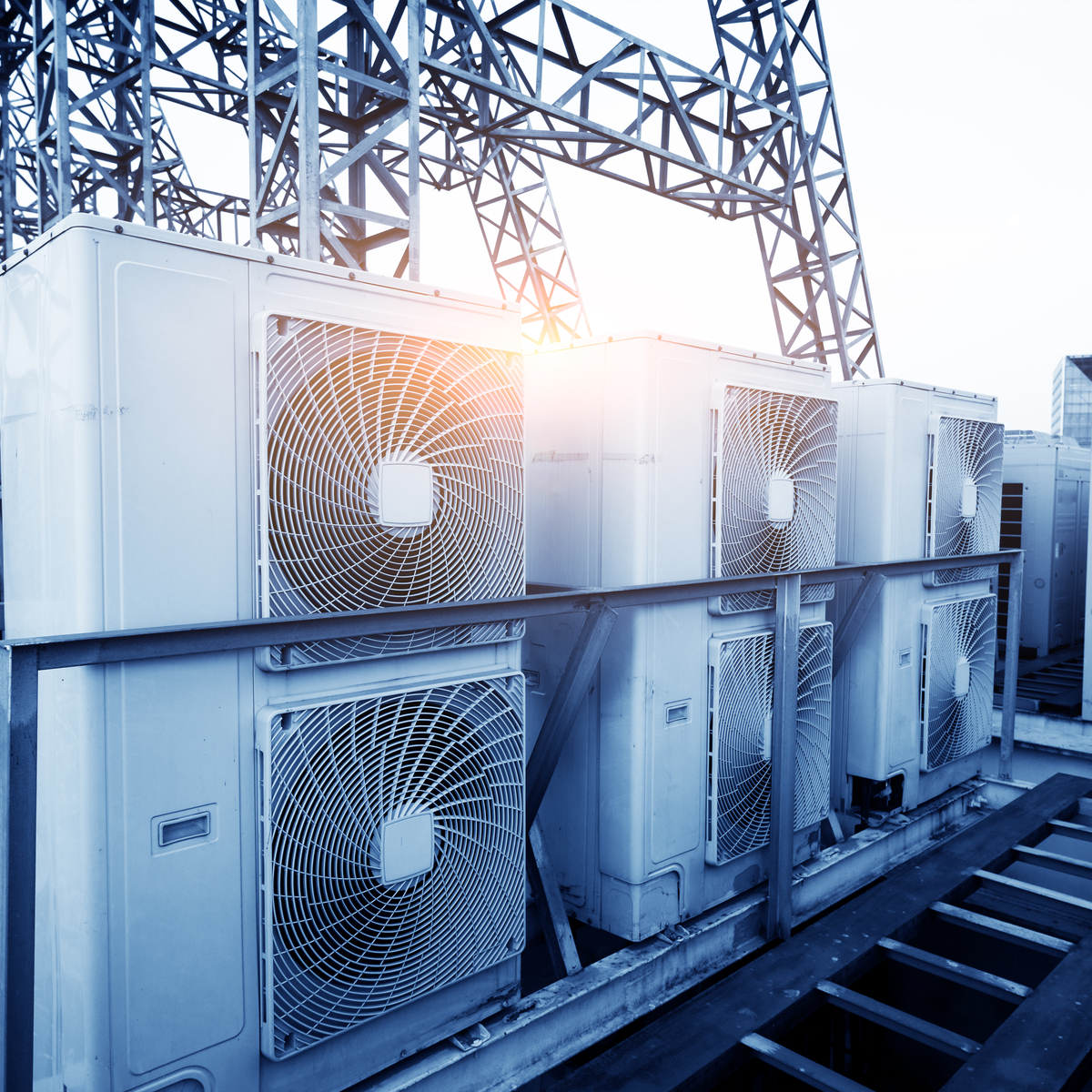
There’s a lot more to an industrial heating, ventilation, and air conditioning (or HVAC) system than simply regulating temperature within a facility. As a technician tasked with keeping equipment running, performing basic maintenance, diagnosing problems and failures, and interfacing with vendors to perform needed maintenance, repairs, and replacement, you may have a lot to learn about how these essential systems function. This includes matters like how to regulate and maintain their operation for optimal performance and comfortable interior spaces.
While industrial HVAC systems tend to include the same basic components, there are a variety of differences (in brands, features, fuel types, sizing, dissemination mechanisms, etc.) that can impact performance, maintenance, and other factors. In time, you’ll learn your system inside and out, but you also have to determine whether or not it meets your needs, and if not, how to transition to more suitable components or an entirely new system. This all starts with an understanding of industrial HVAC operation basics.
Why is Industrial HVAC Important?
Before you even start learning your way around an HVAC system, it’s important to understand what functions this critical system is meant to fulfill. Heating and cooling interior spaces to maintain a comfortable temperature for employees, or keeping equipment rooms at set temperatures, are typically the main concerns, but they’re not the only concerns.
Modern HVAC systems are designed to meet a variety of needs in addition to controlling temperatures. For example, they may also help to control humidity. Even if you maintain a set temperature, the relative humidity of the environment can make it feel more or less comfortable.
It’s also easy to forget the “V” in HVAC, but proper ventilation is extremely important, especially in work settings where it’s crucial to maintain a safe and healthy environment for workers. A fresh air supply helps to improve comfort and reduce the spread of disease, a consideration that’s becoming more and more important in light of recent world events.
The right HVAC system will not only facilitate the movement of air throughout interior spaces, but also work to clean the air with proper filtration that removes dust, dirt, smoke, allergens, contaminants, and harmful particles like bacteria. It all depends on the system and the components in use, and the choices for equipment should reflect your end goals.
Common Industrial HVAC Components and Features
As mentioned above, HVAC systems consist of heating and air conditioning components, as well as ventilation. However, this leaves a lot of details to the imagination. These components must offer suitable capacity for the size of the area being heated or cooled, and they should meet the desire for energy efficiency. They may also utilize a variety of logistical solutions, from gas, oil, or electricity for heating, to different refrigerant types for air conditioning, to ducted or water delivery systems, to the type of ventilation used.
Systems may feature essential components like compressors, condensers, evaporators, heat pumps, chillers, and more. Some components may be housed inside the facility while others are kept outdoors. The main concern is always that these components work together to deliver effective and efficient system performance, to support optimal business operations.
Industrial HVAC Maintenance
Proper maintenance of industrial HVAC equipment is important from both practical and financial standpoints. Workers need a comfortable environment in order to maintain productivity, and many types of equipment require temperature-controlled environments to function properly. In addition, effective filtration and ventilation help to keep air clean and minimize the risk of spreading contaminants in the work setting.
Ensuring fresh, clean air and a comfortable work environment starts with regular HVAC maintenance to clean and inspect equipment, replace filters, repair problems, and replace parts and equipment as needed. Proper maintenance paves the way for optimal system performance, longevity, and reduced risk of major issues or failures. Contact the experts at Tate Engineering today to get the consultation, installation, and maintenance assistance you require.
